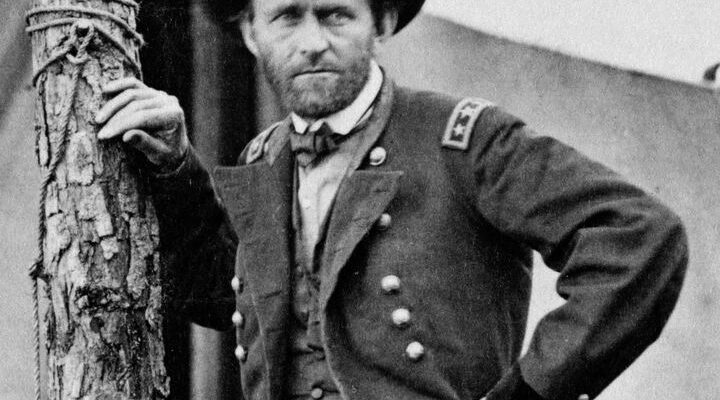When we talk about the American Civil War, it’s easy to get caught up in the battles, the strategies, and the sheer scale of a nation divided. Yet, at the heart of this monumental period were individuals whose decisions, leadership, and beliefs steered the course of history. These political figures, with their complex ideologies and actions, didn’t just shape the battlefield outcomes. They molded the future of America itself.
So, why zero in on the political figures? Because they were the chess players in a game where the stakes were the soul and future of a country. From Abraham Lincoln’s unwavering commitment to union and freedom to Jefferson Davis’s defense of the Confederacy, their legacies live on, influencing how we view liberty, leadership, and democracy today.
Why Political Figures Matter?
At a time when the United States was torn between two diametrically opposed visions for its future, political leaders stood at the forefront of a national existential crisis. Their words and actions ignited passions on both sides, setting the stage for a conflict that would define the country for generations. It wasn’t just about who had the military might. It was about the ideologies that would govern the reborn nation.
Take Lincoln, for instance. His election signaled the imminent clash over slavery, prompting Southern states to secede. Yet, his speeches, especially the Gettysburg Address, encapsulated the war’s essence—not just a struggle for union but for a new birth of freedom. Then there’s Frederick Douglass, whose eloquence and writings on abolition swayed public opinion and pressured the government to adopt emancipation as a war aim. These figures didn’t just participate in politics; they were the architects of a new America.
By focusing on these political giants, we get a deeper understanding of the Civil War’s true nature. It was a battle of ideals, where the visions for America’s future were as much at war as the soldiers on the field. And as we explore the lives and legacies of these men, we find that their relevance extends beyond their time, offering lessons on leadership, morality, and the power of conviction in shaping the world.
10 – Abraham Lincoln
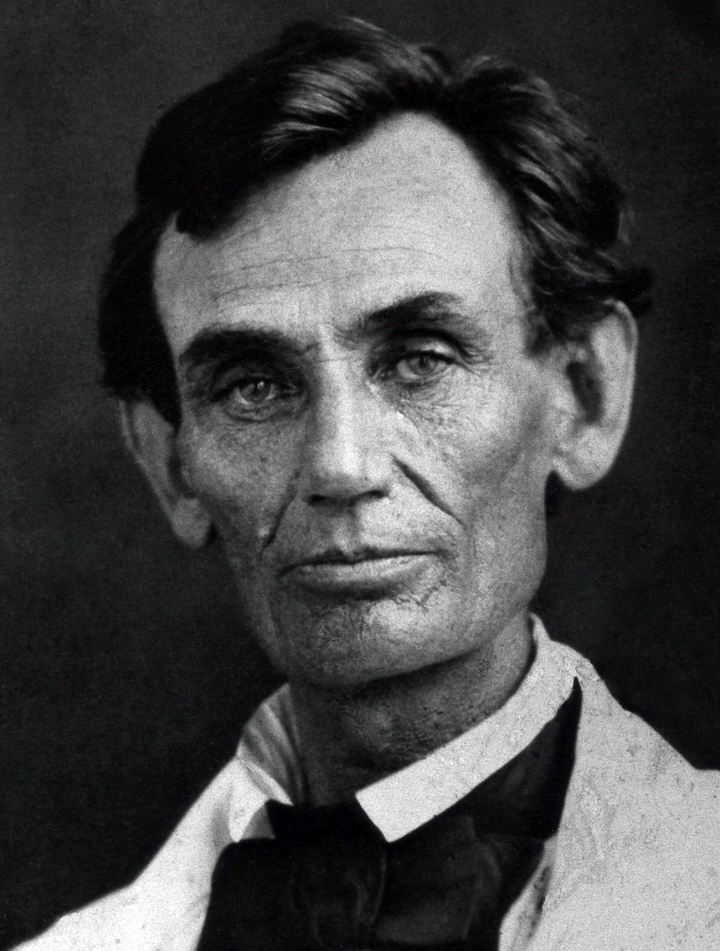
Abraham Lincoln, often hailed as the savior of the Union, had a knack for storytelling. His ability to convey complex ideas through simple, relatable anecdotes was unparalleled. Lincoln’s humor served not just as a relief during the dark days of the Civil War. But also as a strategic tool in his leadership arsenal. Beyond his political acumen, Lincoln’s personal life was marked by profound tragedy and resilience. The loss of his son Willie in 1862 deeply affected him, yet he channeled his grief into a renewed commitment to unify the nation.
Lincoln’s approach to the Emancipation Proclamation was as calculated as it was bold. Initially hesitant to alienate border states, Lincoln waited for a Union victory before announcing the proclamation. This strategic timing turned the tide of the war, transforming it from a fight for union to a battle for human freedom. Lincoln’s vision extended beyond the abolition of slavery. He foresaw a United States where “a new birth of freedom” would redefine democracy itself.
09 – Jefferson Davis
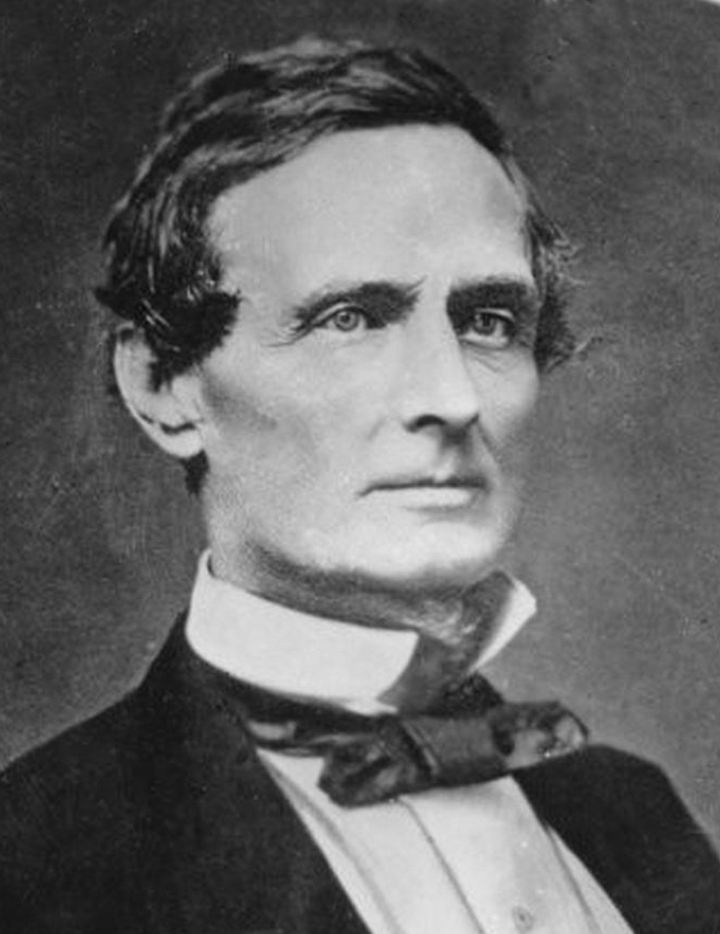
Jefferson Davis, the President of the Confederacy, is often overshadowed by his Union counterpart but his life was equally complex and controversial. Before the war, Davis was a respected senator and war hero, with significant contributions during the Mexican-American War. His transition from a national hero to the leader of the Confederacy marked a dramatic shift in his legacy. Davis’s leadership style was characterized by his staunch defense of states’ rights, which he believed were crucial for the survival of the Southern way of life.
Despite his firm stance on secession, Davis was not without his doubts. He foresaw the immense challenges of facing a more industrially advanced North. Davis’s tenure as president was marked by constant battles, not just on the field but also within his own government, struggling to unify the various factions of the Confederacy. His vision of a separate nation was driven by a belief in states’ rights and the preservation of slavery, which he deemed essential for the Southern economy and society.
08 – Ulysses S. Grant
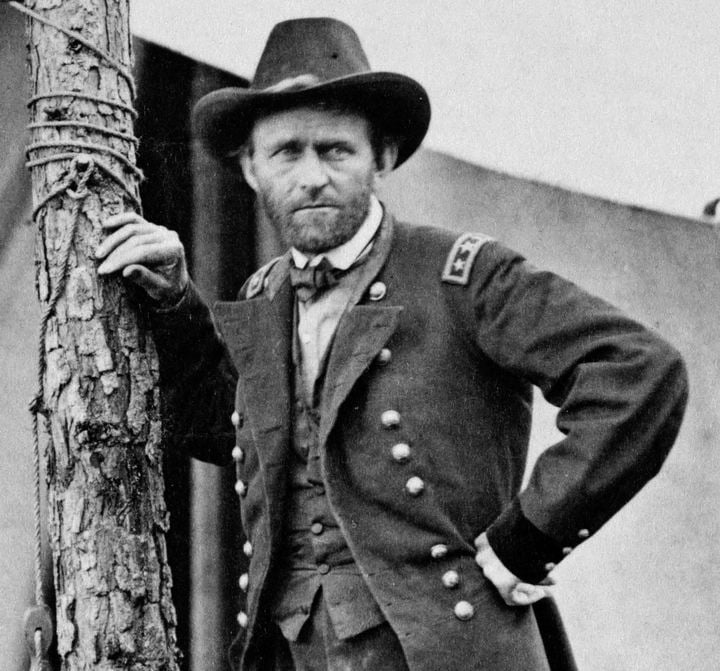
Post-war, as President, Grant’s focus shifted to Reconstruction and the protection of freed slaves. His efforts to crush the Ku Klux Klan and enforce civil rights laws were among the early attempts to bring about racial equality in America. Grant’s presidency, though marred by scandals within his administration, highlighted his unwavering commitment to civil rights and his vision for an America that lived up to its ideals of freedom and equality.
07 – Robert E. Lee
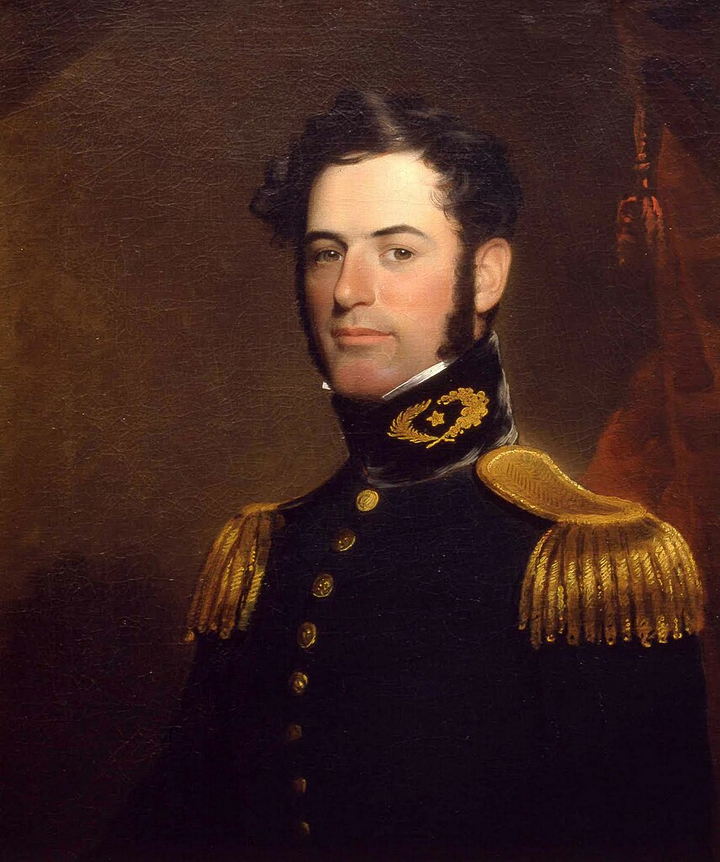
Robert E. Lee, the esteemed general of the Confederate Army, was a figure of contradictions. A man who described slavery as a moral and political evil, Lee nonetheless fought for a government dedicated to preserving it. His decision to side with the Confederacy over the Union was driven by his loyalty to his home state of Virginia, a choice that would define his legacy. Lee’s military strategies are still studied for their brilliance, yet they were in service of the Confederacy’s cause.
After the war, Lee’s focus turned to reconciliation and education. As president of Washington College (now Washington and Lee University), he advocated for educational advancements and the integration of the South back into the federal Union. Lee’s post-war life reflected his complex views on duty, honor, and reconciliation, embodying the tumultuous journey of the nation he once fought against.
06 – Frederick Douglass
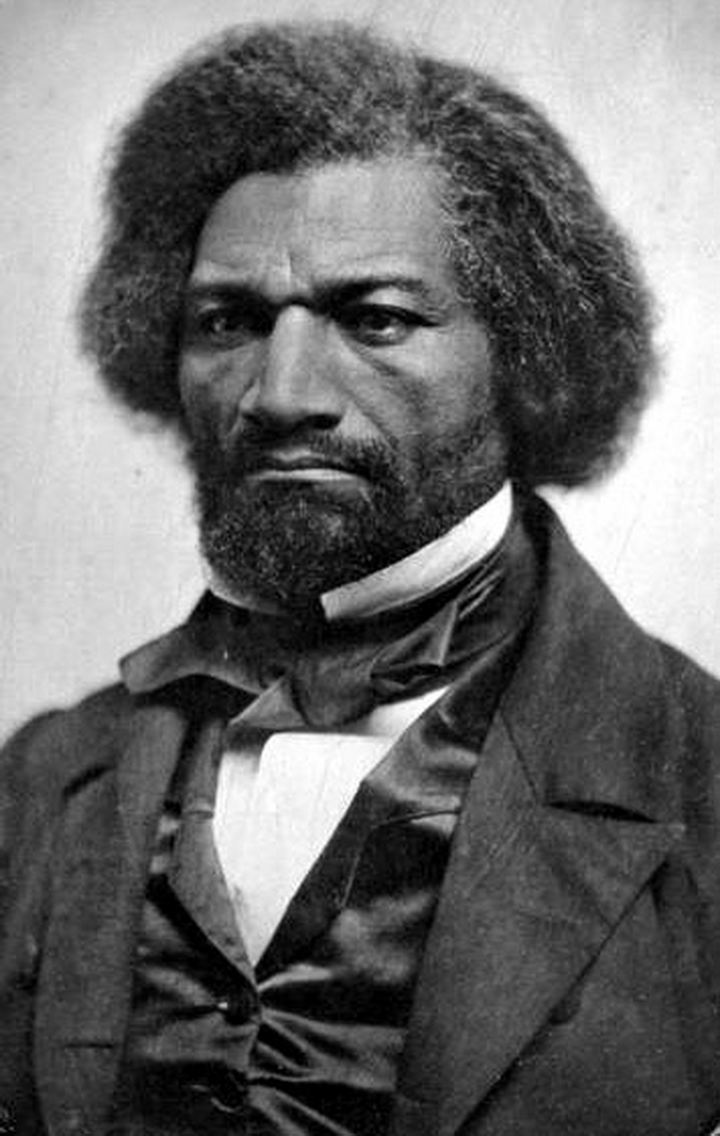
Frederick Douglass, a former slave turned leading abolitionist, used the power of his words to fight for the end of slavery and equal rights for African Americans. His eloquent speeches and writings, such as the “What to the Slave Is the Fourth of July?” address, challenged the conscience of a nation. Douglass’s relationship with Abraham Lincoln was complex. He was both a critic and advisor, pushing the President to make emancipation a central goal of the Civil War.
Douglass’s impact extended beyond his advocacy for abolition; he was a proponent for women’s suffrage, believing in equality for all. His autobiography, “Narrative of the Life of Frederick Douglass, an American Slave,” remains a crucial work in the American literary canon, providing a firsthand account of the horrors of slavery and the indomitable spirit of those who fought for freedom.
05 – Stephen Douglas
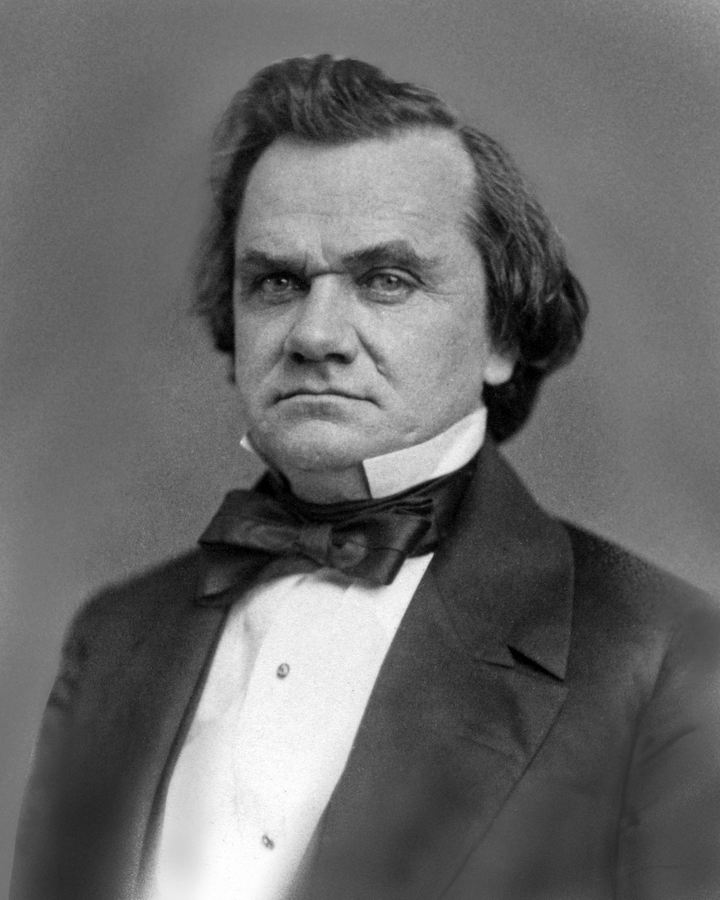
Stephen Douglas, the architect of the Kansas-Nebraska Act, played a pivotal role in the political landscape that set the stage for the Civil War. His debates with Abraham Lincoln, known as the Lincoln-Douglas debates, were not just political theatre but a profound exploration of the nation’s soul, questioning the morality and future of slavery in America. Douglas’s support for popular sovereignty, the idea that territories should decide the issue of slavery themselves, ignited fierce debates that exacerbated sectional tensions.
Despite his opposition to Lincoln in the presidential race of 1860, Douglas demonstrated a commitment to the Union. After Lincoln’s election, Douglas supported the President’s efforts to preserve the Union, showcasing his belief in the United States’ integrity over partisan or personal interests.
04 – William Tecumseh Sherman
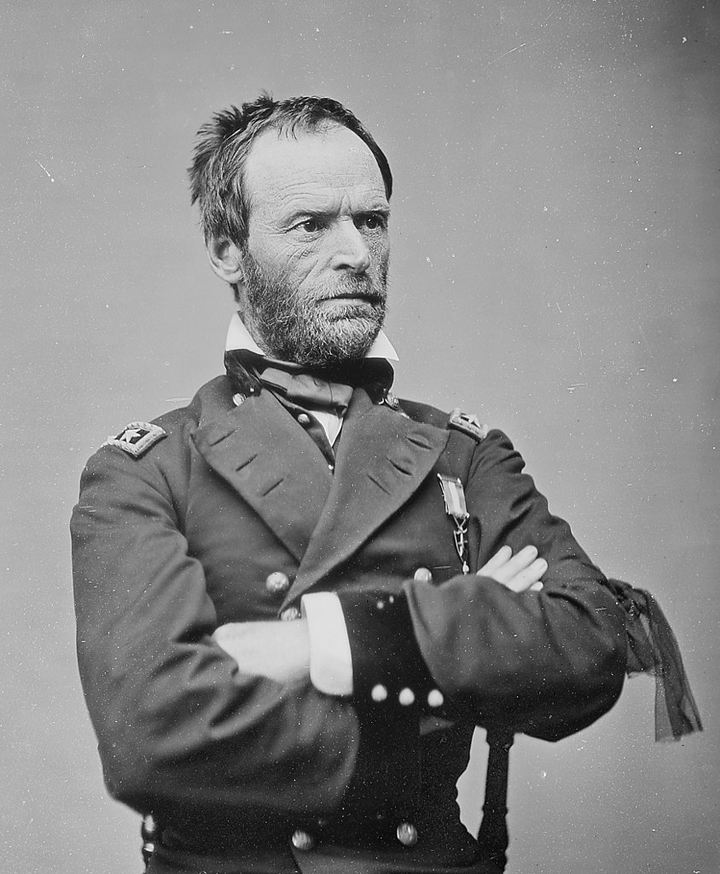
William Tecumseh Sherman, famous for his “March to the Sea,” is often remembered for his ruthless military strategy that aimed to end the Civil War swiftly. Sherman’s march through Georgia was a demonstration of total war, aiming to break the Confederacy’s will by targeting its economic and civilian infrastructure. This controversial tactic is still debated today for its effectiveness and ethical implications.
Beyond the battlefield, Sherman was a complex figure, holding nuanced views on slavery and the South. His post-war contributions to the military and his role in the Indian Wars paint a picture of a man grappling with the changing identity of a nation he fought to preserve.
03 – Stonewall Jackson
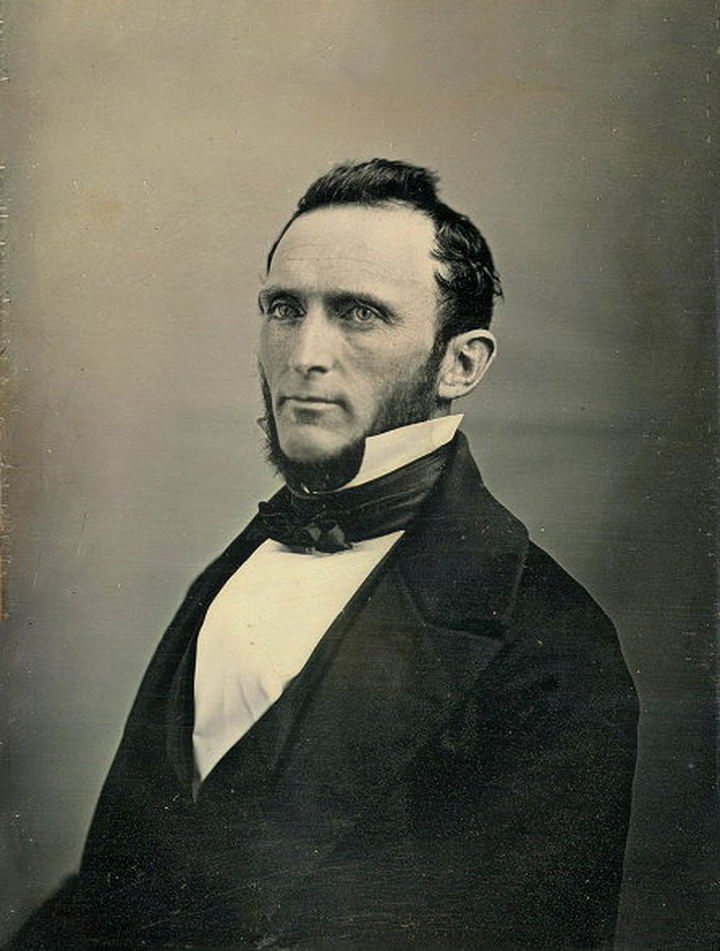
Stonewall Jackson, one of the most gifted tactical commanders in American history, earned his nickname for his steadfastness in battle. His military campaigns, including his famous Valley Campaign, are studied for their brilliance in maneuver warfare. Jackson’s deep religious faith influenced his approach to life and leadership, viewing his military success as a manifestation of divine will.
Jackson’s death in 1863 was a significant blow to the Confederate cause, removing one of its most effective leaders. His legacy, wrapped in myth and admiration, continues to fascinate historians and military strategists, reflecting the complexity of Civil War allegiances and the qualities of leadership under duress.
02 – Andrew Johnson
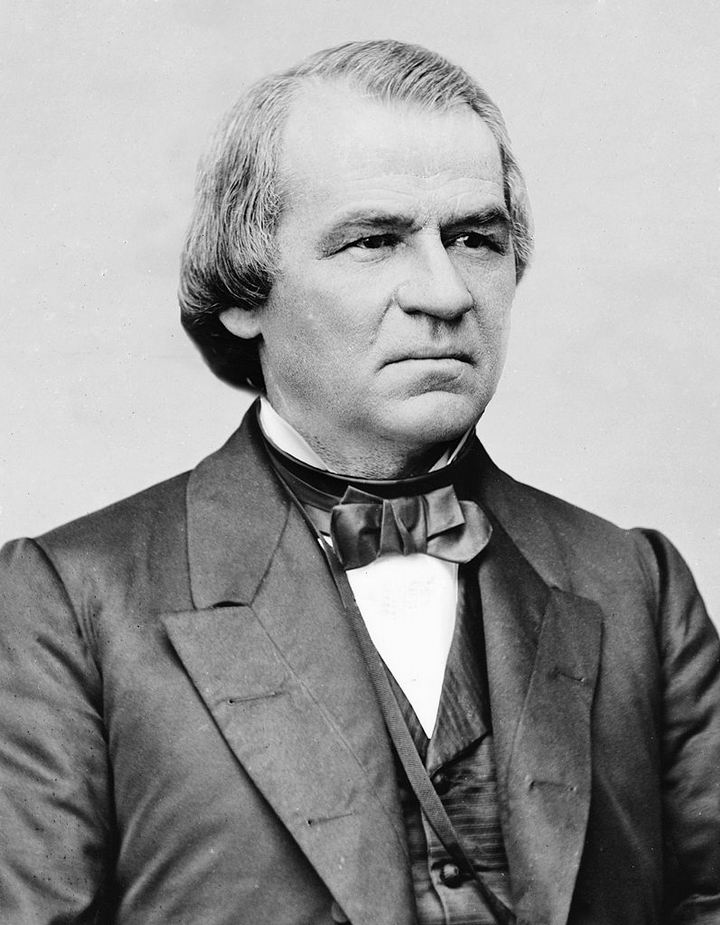
Andrew Johnson took over the presidency following Abraham Lincoln’s tragic assassination, stepping into the immense challenge of rebuilding a nation shattered by civil war. He opted for a lenient Reconstruction approach towards the South. This leniency won him favor among former Confederates but estranged him from the Radical Republicans. These Republicans pushed for stricter readmission terms for the seceded states. Johnson aimed to swiftly reunite the United States, without deeply changing the South’s societal fabric. Consequently, this stance sparked considerable conflict with Congress.
Johnson’s presidency is often remembered for its tumultuous relationship with Congress, culminating in his impeachment. The first American president to be impeached, Johnson narrowly avoided removal from office. This political battle underscored the deep divisions within the country over how to rebuild and integrate the Southern states, and how to protect the newly won rights of African Americans. Despite these challenges, Johnson’s tenure is a critical chapter in the story of Reconstruction, reflecting the complexities of healing and unifying a nation after civil war.
Johnson’s legacy is complex. On one hand, he was a staunch Unionist who opposed secession. On the other, his lenient approach to Reconstruction and opposition to the Radical Republicans’ policies have led many to critique his presidency as a missed opportunity to make more profound changes in the post-war South. His efforts to navigate the country through one of its most fragile periods highlight the challenges of leadership and the impact of political decisions on the course of history.
01 – Harriet Tubman
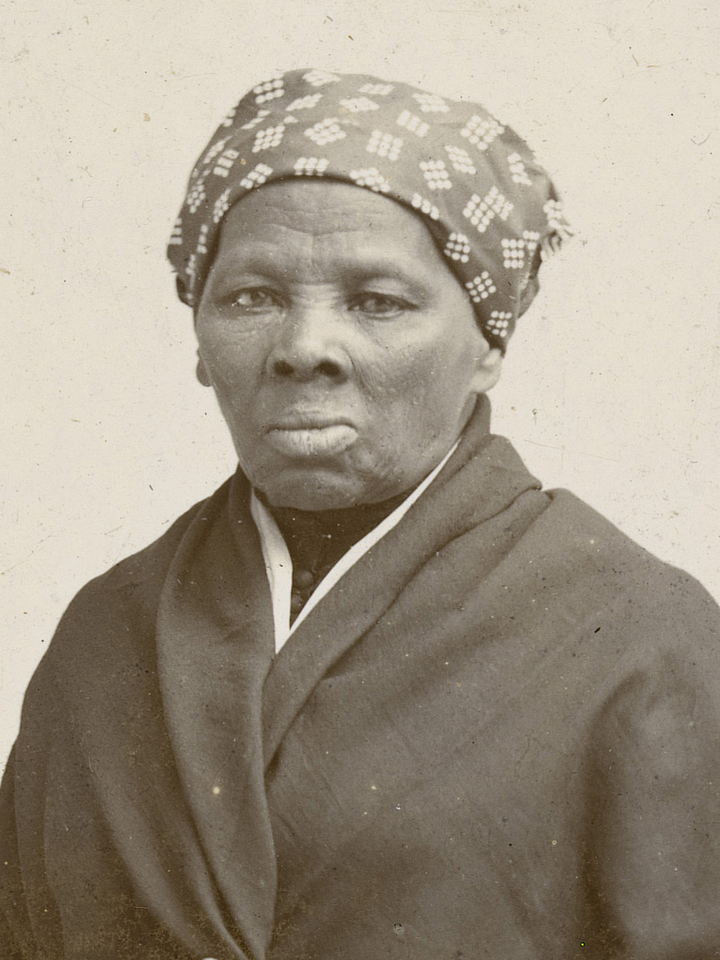
Harriet Tubman, often called the “Moses of her people,” broke free from slavery and emerged as a key leader of the Underground Railroad. She fearlessly led many slaves to freedom, guiding them through perilous journeys to safety. During the Civil War, Tubman’s valor didn’t wane. She worked as a scout and spy for the Union Army. Her deep knowledge of Southern geography played a pivotal role in gathering vital intelligence, leading to Union victories.
After the war, Tubman didn’t slow down. She turned her efforts towards women’s suffrage and supporting the elderly and poor. Her actions demonstrated a lifelong dedication to justice and equality. Tubman’s legacy shines as a beacon of courage and perseverance against daunting challenges, inspiring countless individuals to continue the fight for freedom and rights.
Moreover, Tubman’s influence extended into public speaking, where she shared her experiences and advocated for change. Despite receiving no formal education, her speeches captivated audiences, drawing attention to the plight of African Americans and women. Tubman also collaborated with other abolitionists and suffragists, amplifying her impact on social justice movements.
Her enduring spirit and relentless advocacy remind us that one person’s resolve can ignite change across generations. Tubman’s life teaches us the value of resilience, the importance of fighting for what is right, and the indomitable strength of the human spirit in seeking liberty and justice for all.
The Legacy of Leadership: Reflecting on the Civil War’s Titans
As we wrap up our exploration of the 10 Most Significant Political Figures of the Civil War Era, it’s clear that their stories are more than historical footnotes. They embody the complexities of leadership, the struggles for justice, and the relentless pursuit of a vision for America that still resonates today. From Abraham Lincoln’s unwavering commitment to the Union and freedom to Harriet Tubman’s courageous fight for liberation… Each figure offers unique insights into the power of individual action to shape the course of history.
Their legacies, marked by moments of brilliance and imperfection, remind us that history is not just the sequence of events but a tapestry woven from the lives of those who dared to lead, challenge, and dream. As we reflect on their contributions, we find that the lessons of the Civil War era remain relevant, guiding us through contemporary challenges and inspiring us to strive for a more just and equitable society.
FAQ: Unraveling the Mysteries of the Civil War’s Political Giants
Q: How did Abraham Lincoln’s leadership style contribute to the Union’s victory?
A: Lincoln’s leadership was characterized by his ability to combine pragmatism with moral clarity. His decisions, such as issuing the Emancipation Proclamation and appointing capable generals like Ulysses S. Grant, were pivotal in shifting the war’s momentum. His skill in navigating the political landscape ensured sustained support for the war effort, proving crucial for the Union’s victory.
Q: What role did political figures play in the abolition of slavery?
A: Political figures like Frederick Douglass and Abraham Lincoln played instrumental roles in the abolition of slavery. Douglass’s powerful advocacy and Lincoln’s legislative actions, culminating in the 13th Amendment, were key to dismantling the institution of slavery in the United States.
Q: How did Jefferson Davis’s leadership style differ from Abraham Lincoln’s?
A: Jefferson Davis’s leadership was marked by his firm commitment to states’ rights and the Confederate cause. Unlike Lincoln, who had a more centralized approach to governance, Davis faced challenges in rallying disparate Confederate states to a unified cause, impacting the effectiveness of the Confederate war effort.
Q: How did women like Harriet Tubman influence the Civil War and its legacy?
A: Harriet Tubman’s contributions as an abolitionist, spy. And also leader of the Underground Railroad exemplify the critical role women played in the Civil War. Tubman’s actions challenged societal norms, broadened the scope of the Union’s moral and strategic objectives, and laid the groundwork for future civil rights movements.


